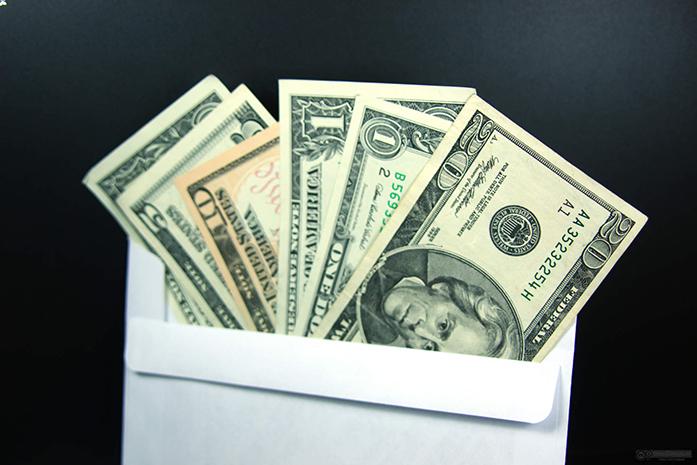A CNN Money article from late last week said there is a high likelihood of a recession occurring during the next presidency. In fact, there is indication that it may occur in the first two years of that presidency.
According to the National Bureau of Economic Research, the average Post World War II expansion cycle lasts fewer than five years. Yet, the United States has been experiencing growth for roughly seven years.
While both Hillary Clinton and Donald Trump, the presumptive nominees for the Democratic and Republican Parties, have taken jabs at each other’s proposed economic policies, neither has addressed the impending concern of recession. And although experts are not predicting the approaching recession to be as catastrophic as the Great Recession of 2008, the economic policy of the incoming president may play a large role in limiting the damage.
With the next recession knocking on the doors of American voters, it’s time for the media to press presidential candidates more on their plans for this historically likely predicament. Nothing is set in stone, particularly phenomena as unpredictable as when the next recession will occur, but when the probability is even somewhat significant, it’s enough to merit a response from likely nominees.
As John Engler, the president of the Business Roundtable, puts it, “Our expectation is the economy will be relatively weak. The next president is going to need a plan right out of the gate.”
Both presumptive nominees have thoughts and policies related to the U.S. economy, but neither has specifically addressed that, as president, they may face a recession through no fault of their own (as did President Obama). With slightly more than four months until the presidential election, a potential recession is a discussion topic that ought to be addressed by the candidates.
To be fair, however, Hillary Clinton has addressed the threat of a recession by saying she believes Donald Trump’s policies will send the United States into a recession worse than 2008, according to The Guardian. Citing a report by Moody’s Analytics, Clinton contended that if Trump’s policies were enacted, there could be a “lengthy recession” that may lead to 3.5 million lost jobs.
But short of jabbing at her opponent, Clinton has done little to address that even she may face a recession if elected. And Trump, if possible, has done even less.
In 2008, when Obama was elected, there was one issue front and center: the Great Recession. Fast-forward eight years, and the most important issue in the election remains unclear. ISIS? Immigration? Gun control? Any number of issues could be considered the biggest of this election season, but while Obama was faced with the difficult decisions that go along with getting out of a recession, the next president will face a plethora of smaller issues.
As a hot-button topic, the media have had a heyday asking candidates about their plans for gun control and terrorism. Of course, the public’s obsession is understandable and appropriate, but it is the job of the media to inform the public about the issues they ought to be aware of. Therefore, it is the responsibility of media outlets to demand more specific economic plans from the candidates.



